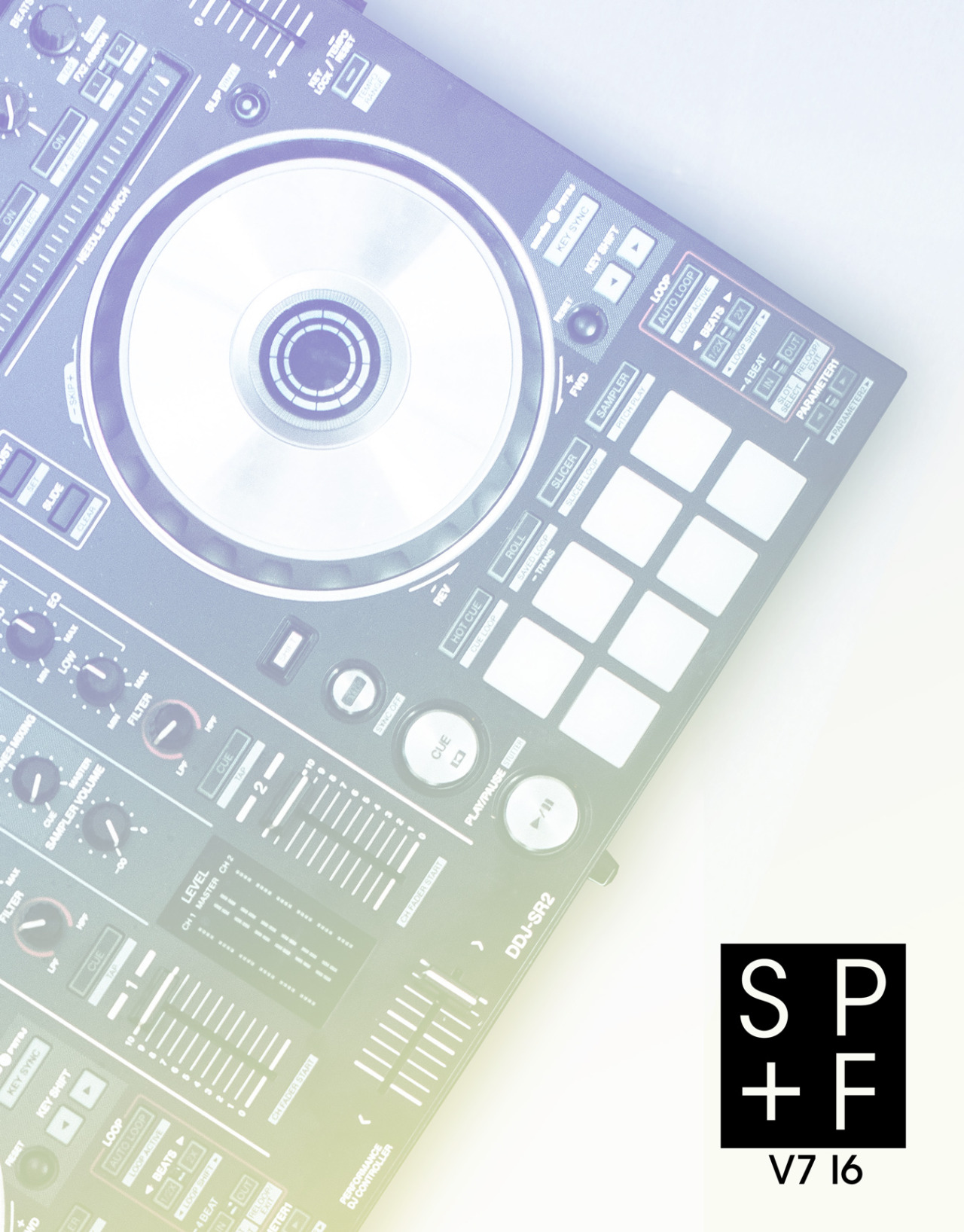March is Music Therapy Awareness Month, so we spoke with Music Heals, a Canadian non-profit organization raising funds for numerous music therapy programs across the country.
Executive Director, Chris Brandt, takes us through the life-changing benefits of music therapy and how music fans and artists can work together to help provide much-needed programming across Canada.
. . .
A child sits nervously underneath a tiny wooden desk.
Everything around him, from the bright fluorescent lights to the other children’s laughter, terrifies and stirs his nerves. A senior lies dazed in a fog, unable to recall her own name or recognize her reflection. She knows something, feels something that is just too far beyond her grasp.
Products of their experiences combined with the unfairness that is life agonized and frustrated; unable to comprehend or communicate with the world outside.
And then they hear it.
A familiar melody. It becomes a soothing sound, a call full of comfort that beckons them from their imprisoned minds. The woman gets a flash of her youth, dancing and laughing. The child slowly moves from beneath his fortress, as he sings softly along to his favourite song.
These are just some of the valuable ways music therapy can be used to heal.
. . .
For the past five years, Vancouver non-profit, Music Heals, has been raising funds for music therapy programs across the country. Since its start, the organization has given away $1.1 million to programs across Canada. These programs help a wide array of clients from at-risk youth, those in palliative care and burn units, to those living with dementia, mental health issues and various levels of the autism spectrum.
There is an instinctual connection that people have with music that helps build the foundation of music therapy and makes it a successful method against numerous emotional, social and physical barriers. “There’s no music part of the brain,” says Music Heals Executive Director, Chris Brandt. “Music is everywhere, so if someone damages their brain with a concussion or stroke, music can be used to rewire the brain because it is everywhere.”
Brandt has seen a plethora of success stories from youth with social anxiety learning to integrate into a crowd of their peers, to a young man who found the motivation to work through his physical ailments by learning to play the drums.
Music therapy lends much of its success to its accredited therapists and the time they take to tailor their sessions to clients’ needs and passions. “It’s a one-to-one connection, of finding that music that connects with them, that works with them, that motivates them,” says Brandt, “to help them go through rehab, or distract them from the pain, or to get them to want to play along.”
Music therapy sessions run all across Canada, but there are very few funding resources, with no coverage available through Canadian healthcare. Although each program varies depending on the specific needs of its clients, group sizes and level of experience of its music therapists, it takes about $15,000 to fund one day of programming a week for one year.
It’s a one-to-one connection, of finding that music that connects with them, that works with them, that motivates them.
Music Heals grants about $15,000 to every program it funds to gift an additional day of therapy. “If a program has a music therapist one or two days a week, we can add another day, and they can see, on average, about 400 more clients,” says Brandt, “Whether that’s in groups or individuals, that’s an extra 400 client hours added.”
The organization runs numerous fundraising events and programs throughout the year including its annual Strike A Chord gala which takes place in Vancouver and features big Canadian acts including Sam Roberts, The Sheepdogs, Big Sugar and Serena Ryder.
Music Heals also blends fans’ love for music and artists’ love for performing with Covers for The Cause. The online platform connects artists from all over with fans who want to hear their favourite bands cover specific songs. Fans receive cover videos in exchange for donations to Music Heals. Covers for The Cause runs all-year-round, with the benefits of fans getting a personalized video while the artist gets new content to share.
Although Music Heals is based in British Columbia, it works closely with cities across Canada, with all money collected going towards programs in the province the funds were raised in. The organization’s reach has also recently expanded overseas, with a partnership with Chiltern Music Therapy in the UK introducing the iPod Pharmacy where patrons can donate old iPods to music therapists in England.
With so much growth on the horizon, their biggest goal in 2018 is to raise enough money to be able to gift every dollar that’s been applied for in British Columbia, and continue to expand throughout the country.
. . .
Learn more at MusicHeals.ca, Facebook.com/MusicHealsCanada and through twitter and instagram @musicheals_ca. Learn how you can help at Musicheals.ca/How-To-Help and CoversforTheCause.com.
Comments:

Nov/Dec 2019
VOLUME 7 - ISSUE 6
Featuring interviews with Veritah and soma, and our artist picks for Nov/Dec



Leave a Reply